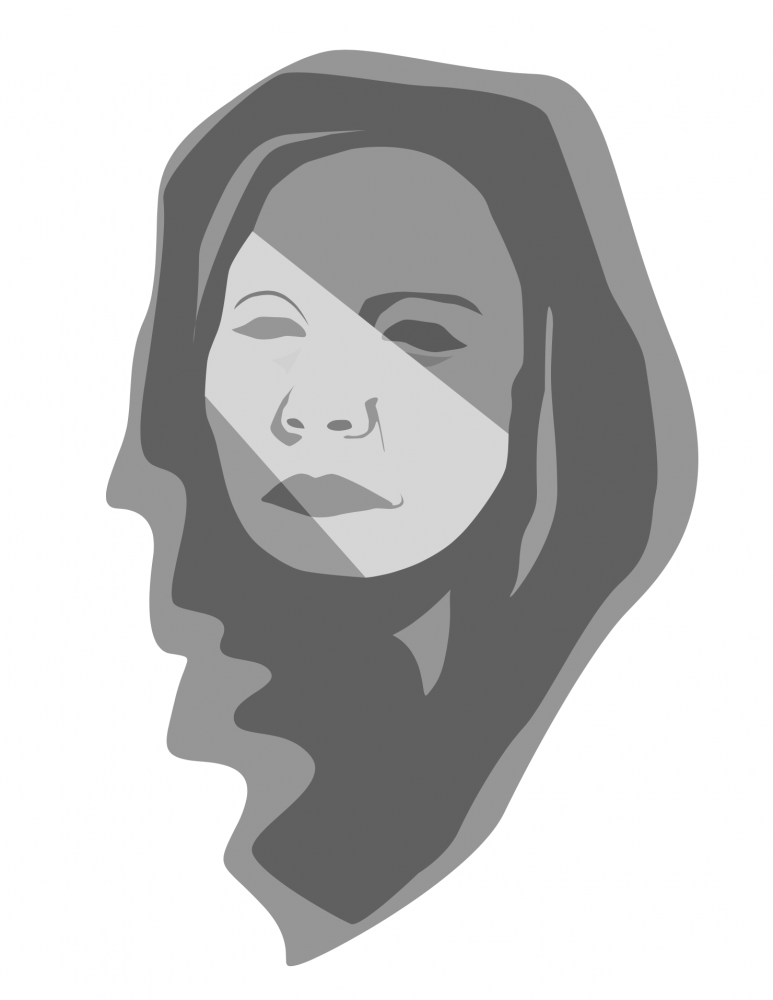Whitman’s Diversity Problem
September 17, 2017
In an elite and overwhelmingly white liberal arts college such as Whitman, there is always talk about how there should be more diversity, especially in terms of race and ethnicity. The college holds a Race & Equity workshop every year and claims both to have focused on diversifying the student body during the admissions process and to have helped create a bigger space for students of color to express their opinions. However, there is one significant problem that remains with diversity: What happens after we bring more international and students of color to the college?
The truth is, bringing more non-white or non-American students to Whitman won’t solve its diversity issue. Of course, the diversity quota would be higher and the school could brag about the fact that the African American population on campus was raised from the 0.8 percent that it was the previous year, to 1 percent. Or that the new class of international students contains 5 more students than the previous class (but let’s not forget that the number of first-years is bigger this year as well). Bringing students from countries that most white Americans on campus haven’t heard about won’t solve the issue of diversity. Simply bringing them here doesn’t mean that Whitman is becoming more diverse. Diversity is a matter of ideology; it is something that should be unquestionably integrated into our way of thinking, not something that the white American students should treat as some form of ‘charity’ or ‘benefit’ for themselves.

The issue with diversity falls upon us: international students and students of color. The problem is very simple: many international students feel like instruments used in order to educate the white students or to be part of the statistics that will be used for the college to go higher in the rankings. Our bodies and our experiences shouldn’t be minimized to how others feel and think about them. Many of us also feel forced to be representatives of our countries or the communities we come from. I want others to understand that if I am a representative of my country, it is because I choose to be so, not because it is something that I have to be. I am a student here just like everyone else, and although I like people to know about my country and to talk about the place I grew up in, I would like everyone to know about me as a person first.
I know that many American minorities feel that they are always expected to represent their communities and to spread knowledge about their culture and heritage to others, or to clear up any misconceptions that others might have. This is hugely problematic because they are not here to teach anyone or to help white students understand issues that they are ignorant about. No minority should be forced into giving the majority some taste of diversity or some knowledge about the real America, knowledge which is clearly lacking for many students. Consequently, as a minority, myself and many other students interacting more with other minorities due to this shared experience and similar daily struggle. Unfortunately, we are often judged for this or considered as unable to fit into the wave of the college campus, without thinking of what always pushes us into searching for the friendship of one another. I don’t have a specific solution for Whitman to solve this issue. I would only like to say that the white American students should not have these expectations and demands from us, and if they can’t be understanding, then they should let us survive in the safe haven we as minorities have created for ourselves.
This campus is not a safe space for many of us, and I can undoubtedly say that I felt I had a safe space during the international orientation right before the general freshmen orientation. Since then, I have felt that I could be myself only with the other minorities and international students who expect me to be nothing more than myself. Thankfully for them, this is enough.




